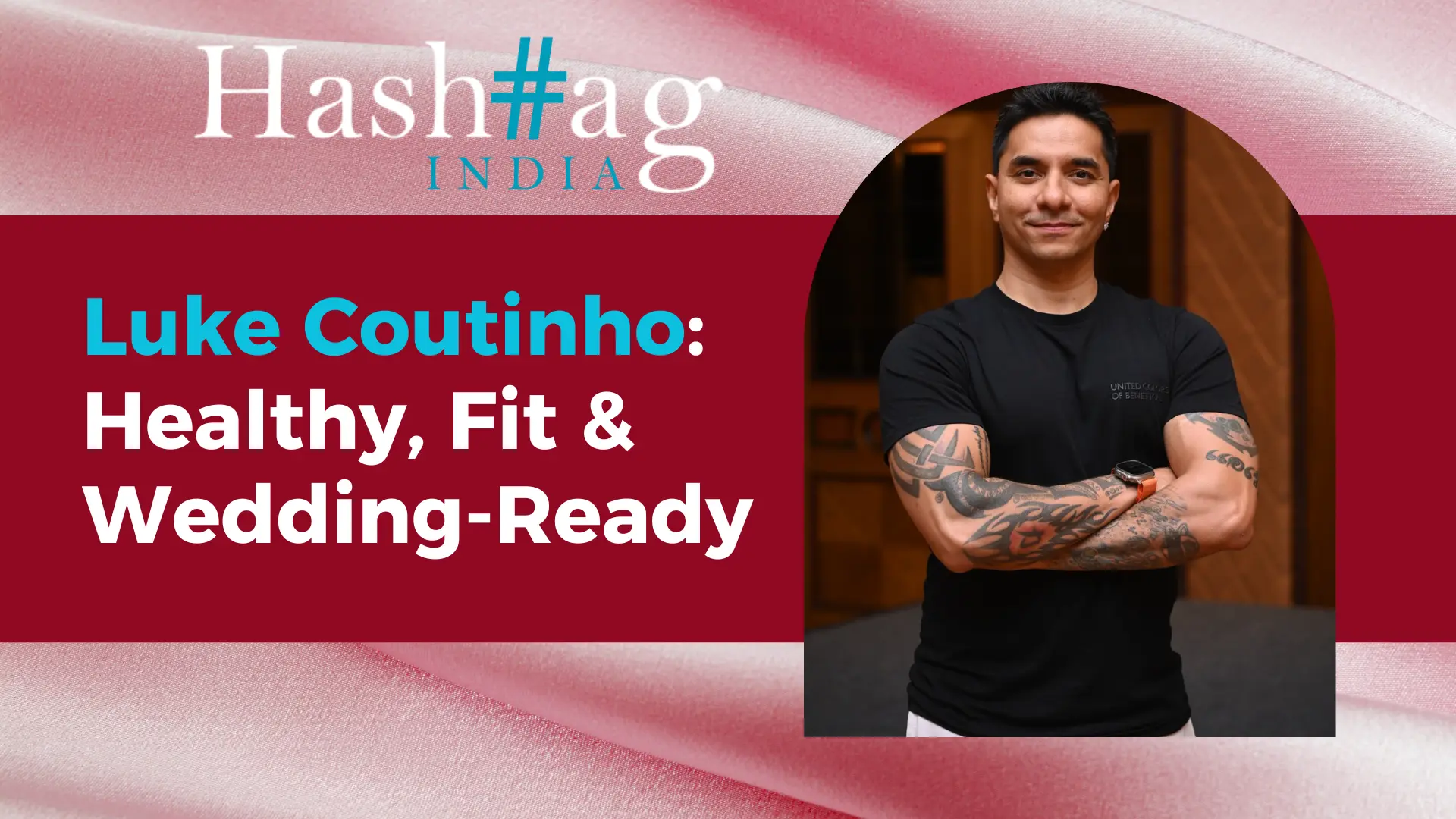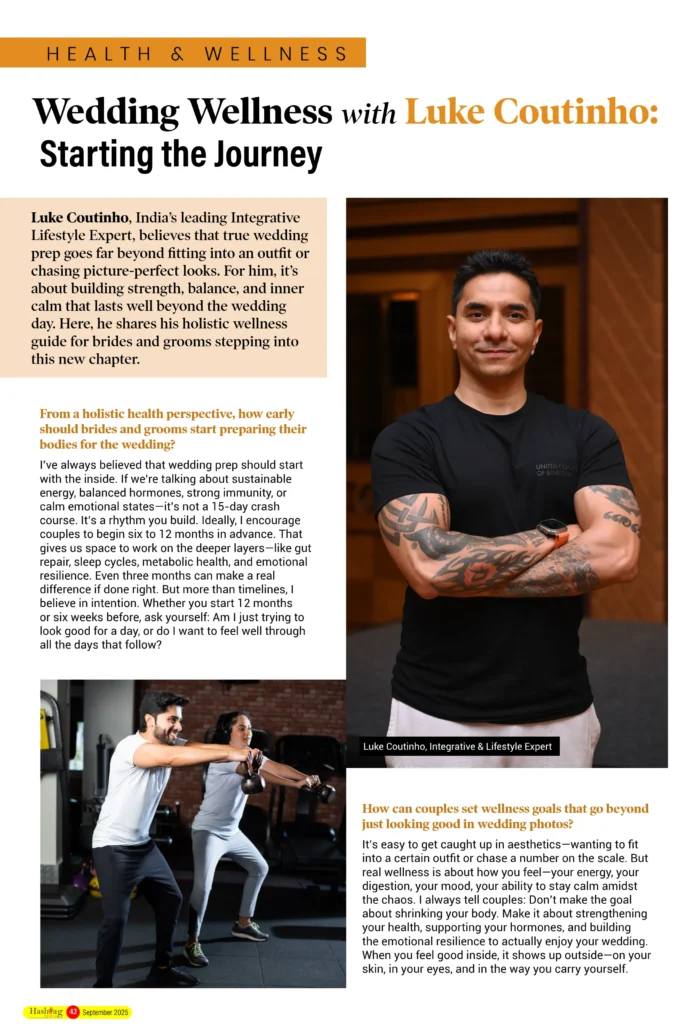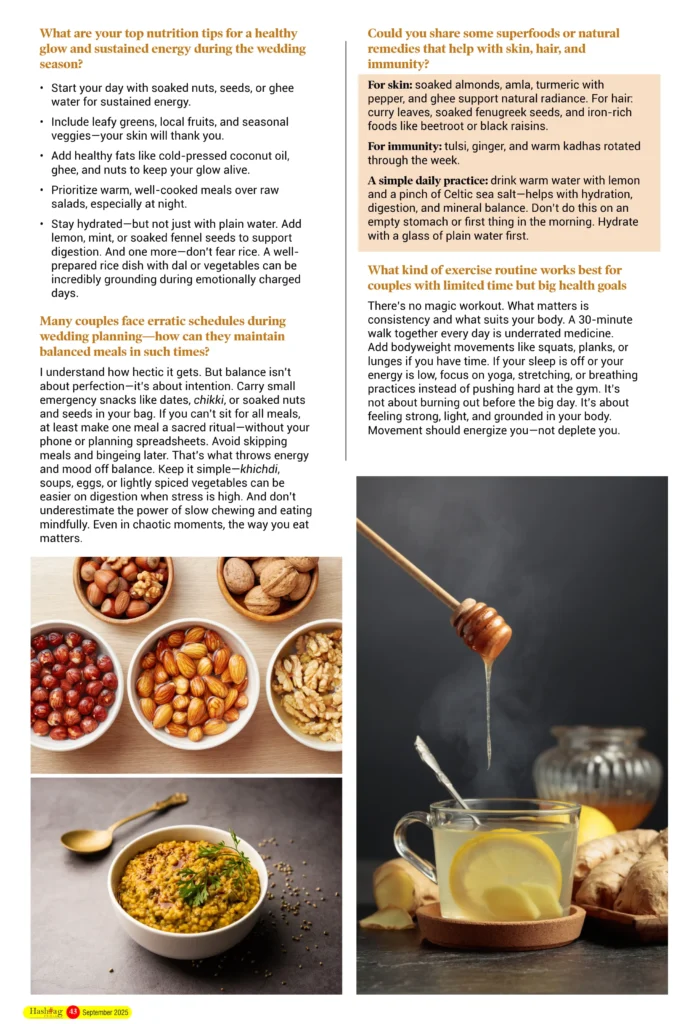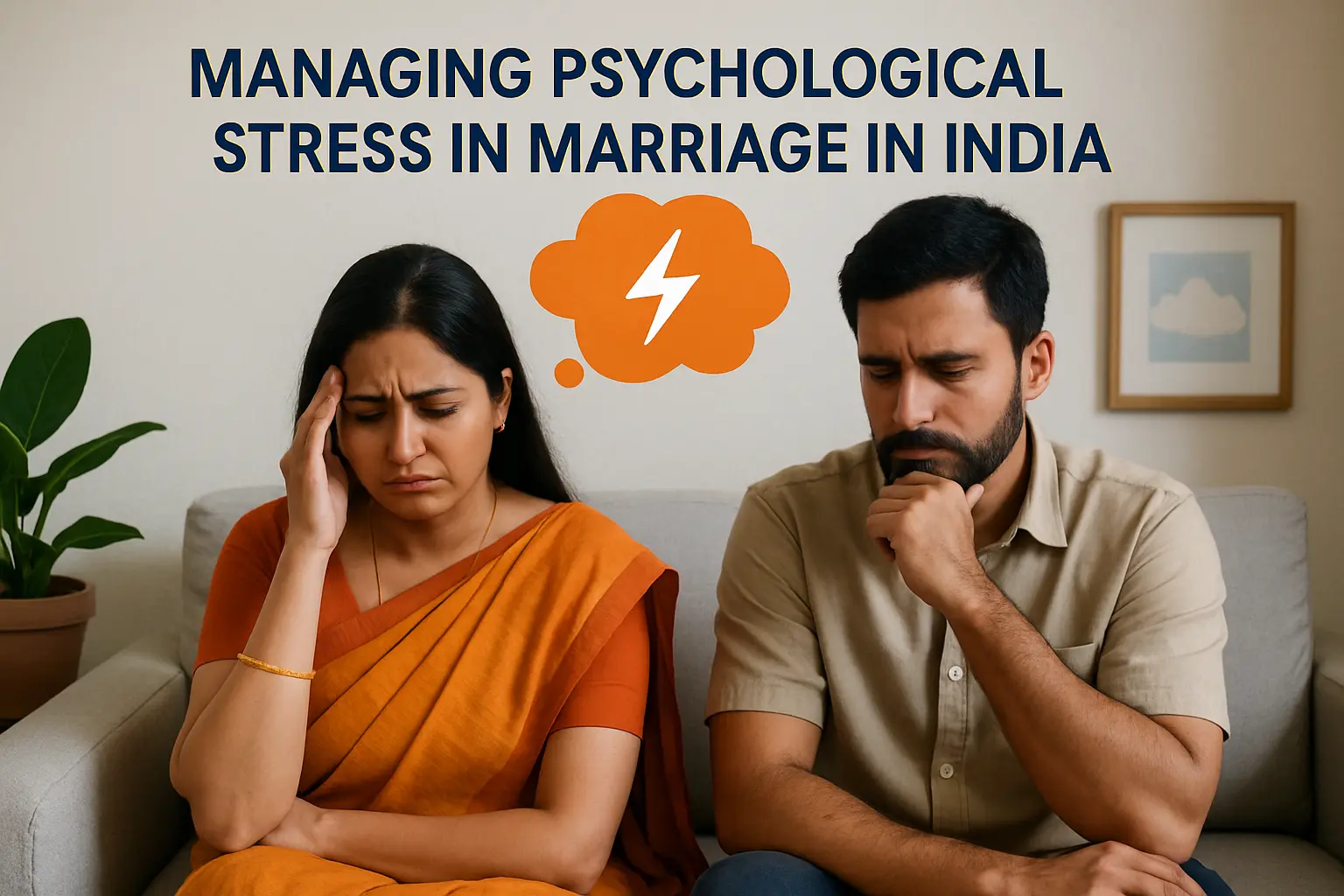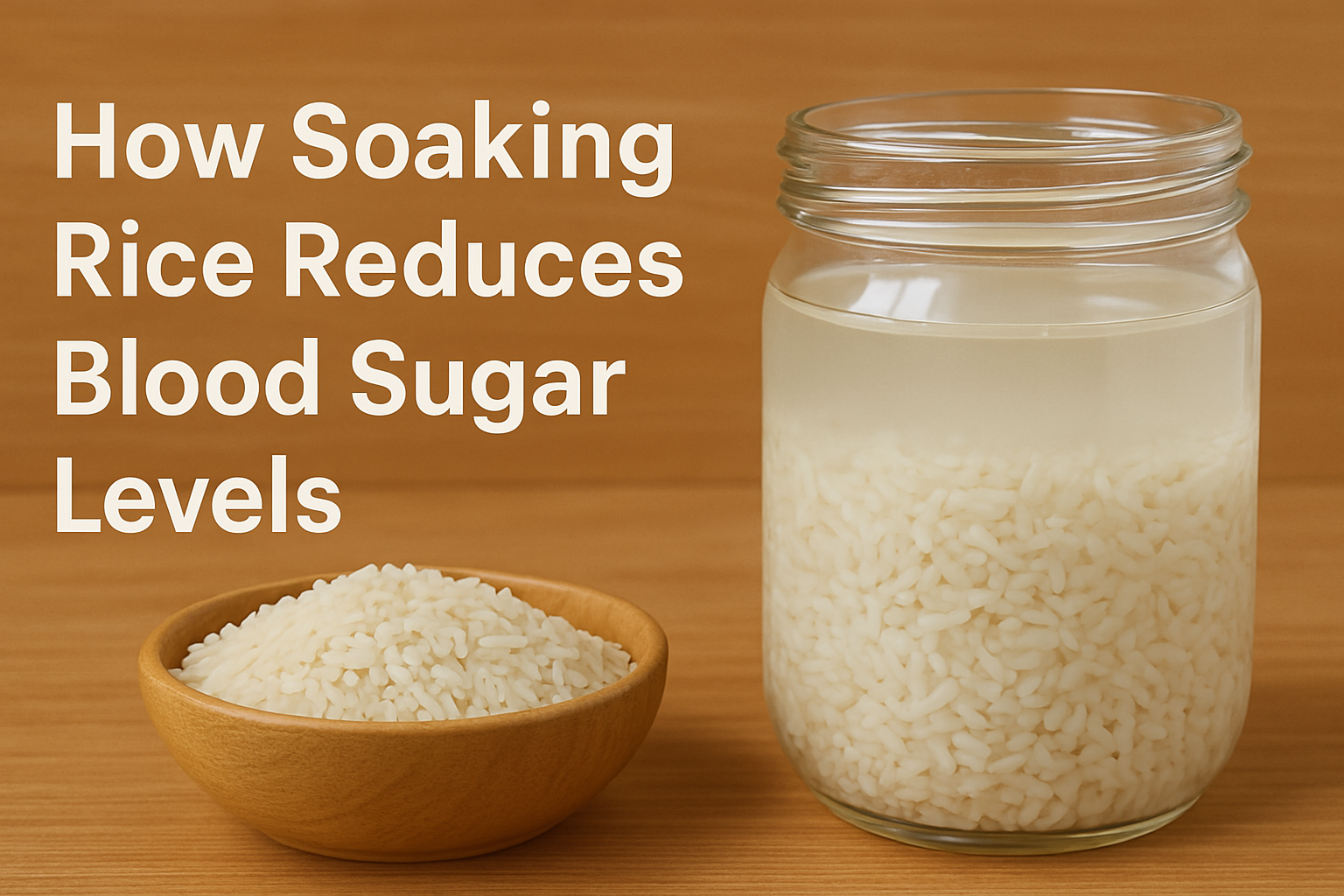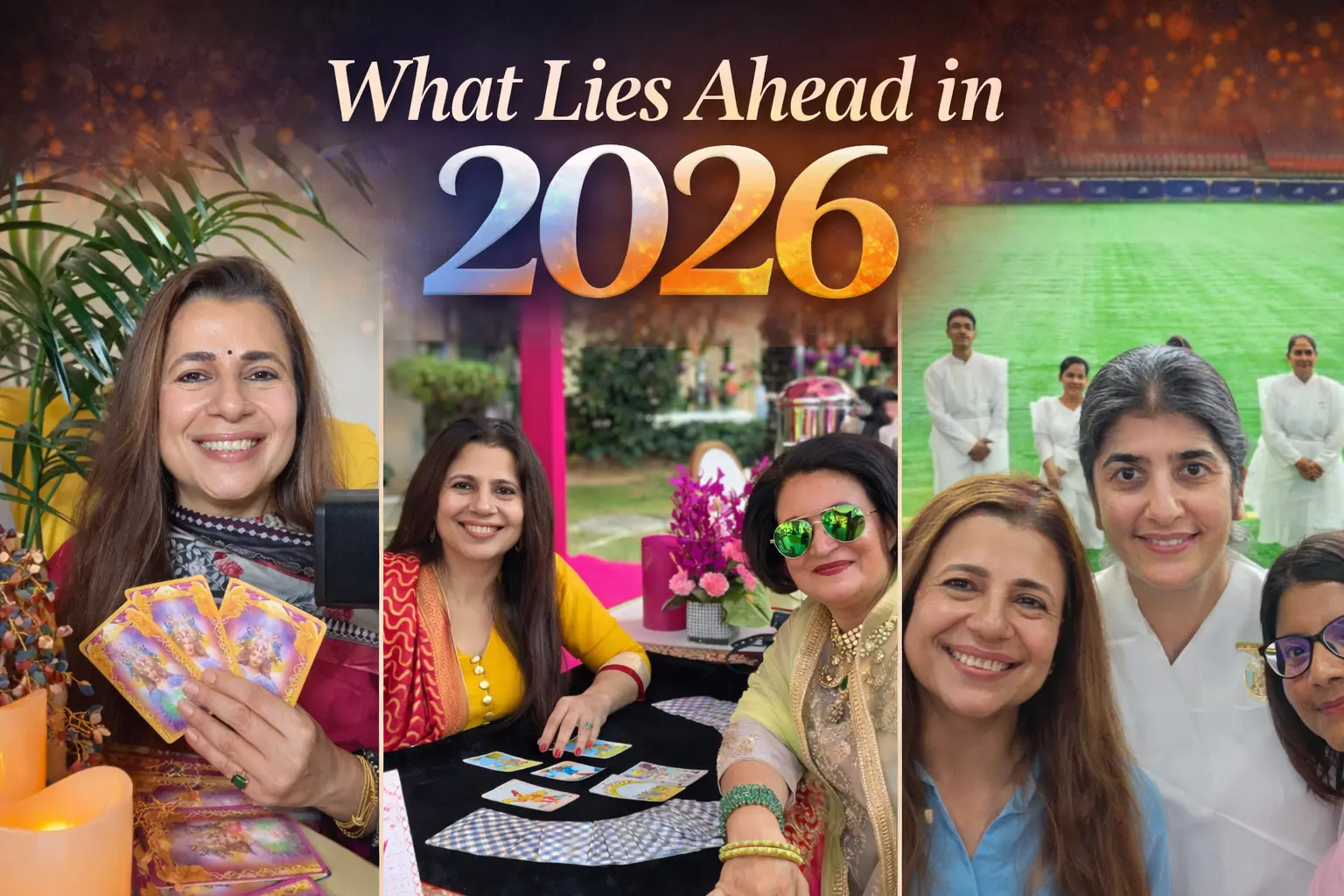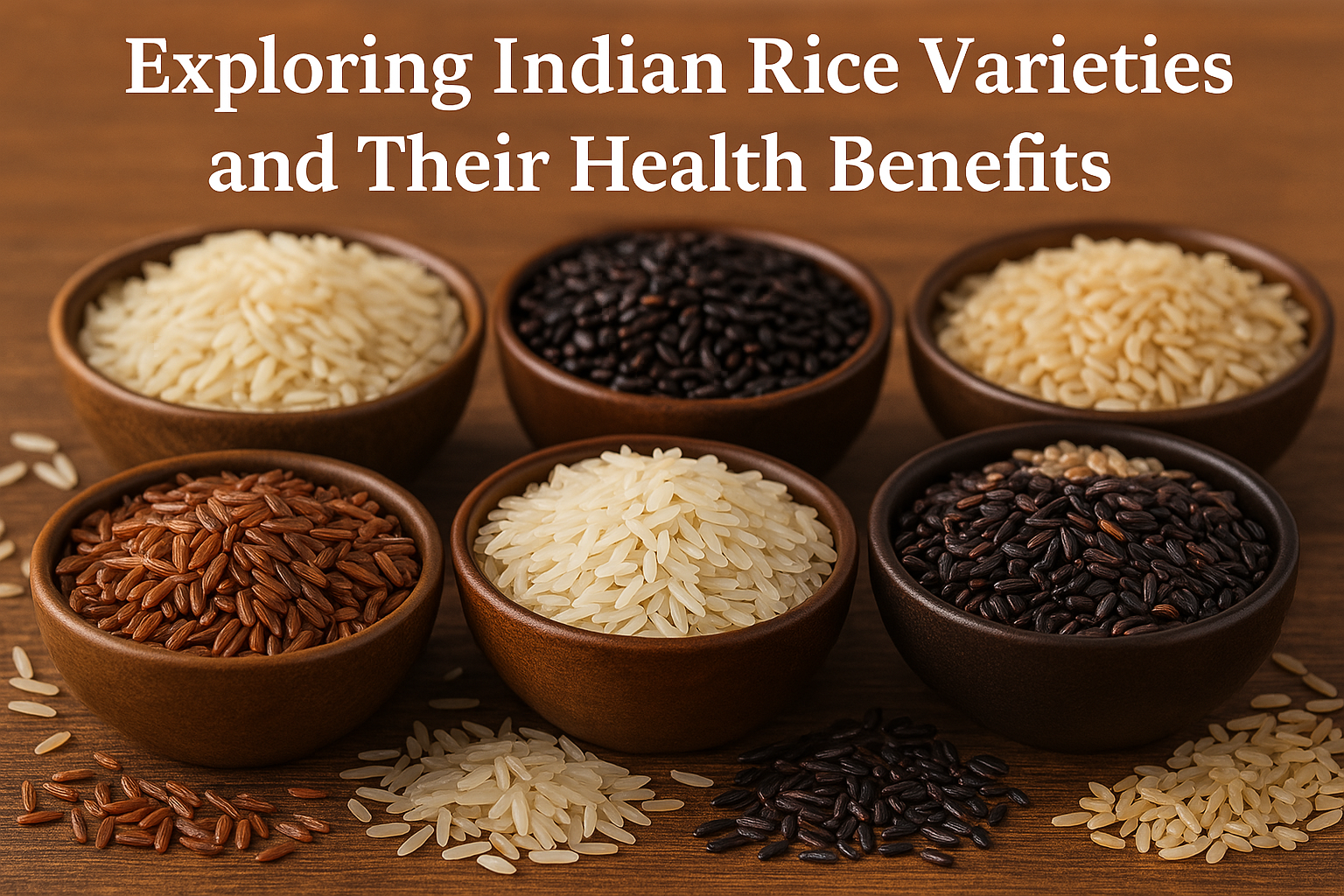Luke Coutinho, India’s leading Integrative Lifestyle Expert, believes that true wedding prep goes far beyond fitting into an outfit or chasing picture-perfect looks. For him, it’s about building strength, balance, and inner calm that lasts well beyond the wedding day. Here, he shares his holistic wellness guide for brides and grooms stepping into this new chapter.
From a holistic health perspective, how early should brides and grooms start preparing their bodies for the wedding?
I’ve always believed that wedding prep should start with the inside. If we’re talking about sustainable energy, balanced hormones, strong immunity, or calm emotional states it’s not a 15-day crash course. It’s a rhythm you build. Ideally, I encourage couples to begin six to 12 months in advance. That gives us space to work on the deeper layers like gut repair, sleep cycles, metabolic health, and emotional resilience. Even three months can make a real difference if done right. But more than timelines, I believe in intention. Whether you start 12 months or six weeks before, ask yourself: Am I just trying to look good for a day, or do I want to feel well through all the days that follow?
How can couples set wellness goals that go beyond just looking good in wedding photos?
It’s easy to get caught up in aesthetics wanting to fit into a certain outfit or chase a number on the scale. But real wellness is about how you feel your energy, your digestion, your mood, your ability to stay calm amidst the chaos. I always tell couples: Don’t make the goal about shrinking your body. Make it about strengthening your health, supporting your hormones, and building the emotional resilience to actually enjoy your wedding. When you feel good inside, it shows up outside on your skin, in your eyes, and in the way you carry yourself.
What are your top nutrition tips for a healthy glow and sustained energy during the wedding season?
- Start your day with soaked nuts, seeds, or ghee water for sustained energy.
- Include leafy greens, local fruits, and seasonal veggies your skin will thank you.
- Add healthy fats like cold-pressed coconut oil, ghee, and nuts to keep your glow alive.
- Prioritize warm, well-cooked meals over raw salads, especially at night.
- Stay hydrated but not just with plain water. Add lemon, mint, or soaked fennel seeds to support digestion. And one more don’t fear rice. A well-prepared rice dish with dal or vegetables can be incredibly grounding during emotionally charged days.
Many couples face erratic schedules during wedding planning how can they maintain balanced meals in such times?
I understand how hectic it gets. But balance isn’t about perfection it’s about intention. Carry small emergency snacks like dates, chikki, or soaked nuts and seeds in your bag. If you can’t sit for all meals, at least make one meal a sacred ritual without your phone or planning spreadsheets. Avoid skipping meals and bingeing later. That’s what throws energy and mood off balance. Keep it simple khichdi, soups, eggs, or lightly spiced vegetables can be easier on digestion when stress is high. And don’t underestimate the power of slow chewing and eating mindfully. Even in chaotic moments, the way you eat matters.
Could you share some superfoods or natural remedies that help with skin, hair, and immunity?
- For skin: soaked almonds, amla, turmeric with pepper, and ghee support natural radiance. For hair: curry leaves, soaked fenugreek seeds, and iron-rich foods like beetroot or black raisins.
- For immunity: tulsi, ginger, and warm kadhas rotated through the week.
A simple daily practice: drink warm water with lemon and a pinch of Celtic sea salt helps with hydration, digestion, and mineral balance. Don’t do this on an empty stomach or first thing in the morning. Hydrate with a glass of plain water first.
What kind of exercise routine works best for couples with limited time but big health goals
There’s no magic workout. What matters is consistency and what suits your body. A 30-minute walk together every day is an underrated medicine. Add body weight movements like squats, planks, or lunges if you have time. If your sleep is off or your energy is low, focus on yoga, stretching, or breathing practices instead of pushing hard at the gym. It’s not about burning out before the big day. It’s about feeling strong, light, and grounded in your body. Movement should energize you not deplete you.
Stress often takes a toll on the body what mind-body practices can help couples stay calm and centred?
Luke: In our experience, nervous system regulation is at the heart of all healing. A few practices I recommend:
Breathwork: Box breathing (4-4-4-4) or 4-7-8 breathing daily, especially before bed. Grounding: Walking barefoot on grass or sand calms the vagus nerve.
Journaling: A few minutes of gratitude or reflection each day can shift your perspective.
Sleep: Honour it like a non-negotiable appointment. This is when your body restores itself.
More than doing more, this phase is about doing what helps you stay connected to your inner calm.
What are the most common mistakes couples make in their health and wellness journey before the wedding? Why do you discourage crash diets, and what’s a safe, sustainable alternative?
The biggest mistake is rushing the process. Crash diets, over-exercising, skipping meals, or trying quick-fix cleanses may give short-term results but they often leave you depleted, bloated, anxious, and imbalanced. I’ve seen brides and grooms lose weight but also lose their glow, libido, and immunity in the process. Instead, focus on eating balanced meals consistently, sleeping well, managing stress through daily grounding rituals, and supporting gut health with local, seasonal foods. Getting enough movement. Managing your emotions and giving yourself an outlet to regulate. Strengthening your spiritual connection pray, meditate, and practice gratitude or mindfulness.
Start small but stay consistent. The results will be deeper and longer-lasting than any “transformation plan” out there.
Finally, do you have a few easy, lifelong wellness habits every couple should adopt together?
Luke: Yes and they’re not complicated. Eat at least one meal a day together, without screens. Get some movement take a walk together after dinner or play a sport. Sleep and wake up at consistent times. Don’t skip emotional hygiene talk, share, listen, and support each other. Practice silence together even just a few minutes in the morning. Check in with each other’s physical, mental, emotional, and spiritual health every day it only takes 10 minutes. Laugh and have fun together. Shared humour is the best medicine. Your relationship is your safe space. When you care for your health as a team, you don’t just prepare for your wedding you prepare for life.

